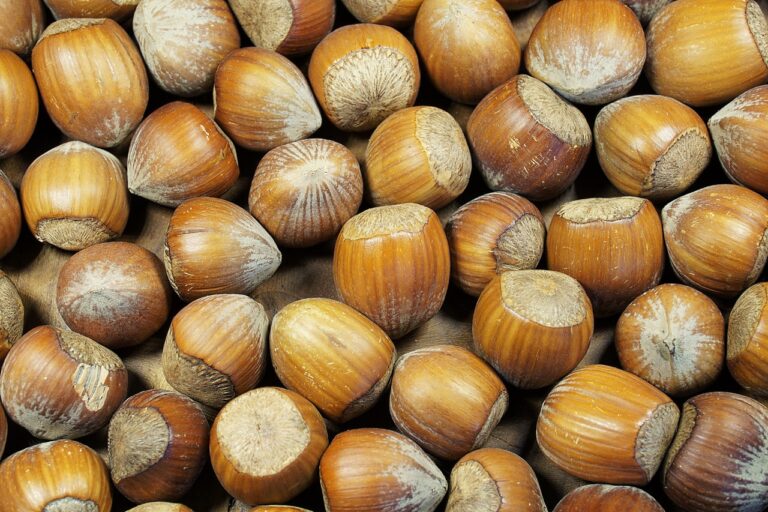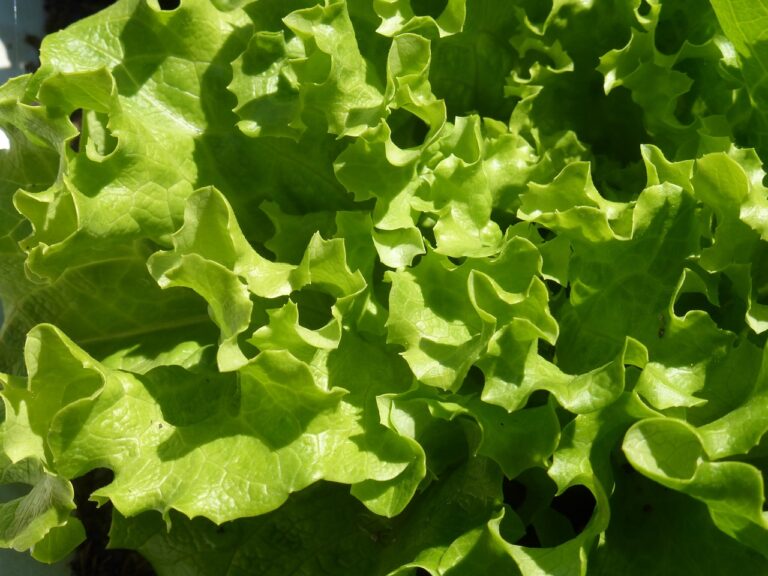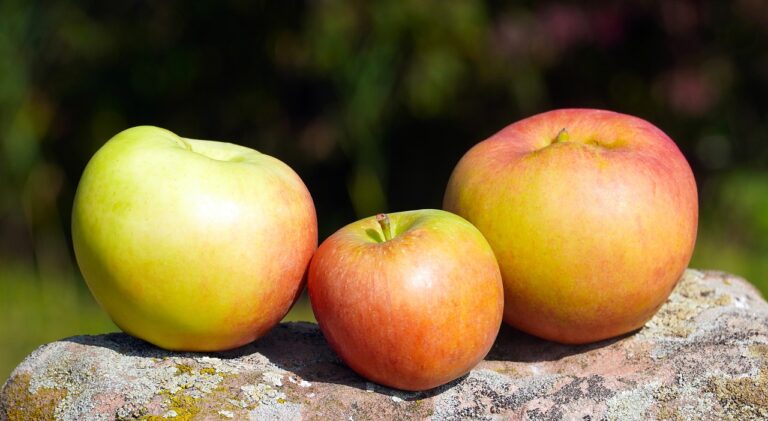Investigating the Health Benefits of Fermented Foods
Fermented foods have a rich and diverse history that dates back thousands of years. Ancient civilizations like the Sumerians, Egyptians, and Greeks all utilized fermentation as a way to preserve foods and enhance their flavors. In fact, the art of fermenting foods can be traced back to around 6000 BC, making it one of the oldest food preservation techniques known to humankind.
Throughout history, fermentation has played a crucial role in the diets of cultures around the world. From sauerkraut in Germany to kimchi in Korea, fermentation has been used to create distinctive flavors and textures in a variety of dishes. Over time, these traditional fermented foods have not only become beloved staples in their respective cultures but have also gained popularity across the globe for their unique taste and potential health benefits.
The Science Behind Fermentation
Fermentation is a natural process that has been utilized by humans for centuries to preserve, enhance flavors, and improve the nutritional value of foods. This biochemical process involves the breakdown of carbohydrates by microorganisms such as bacteria, yeast, or molds, resulting in the production of various compounds like organic acids, alcohols, and gases. These microbial activities not only create unique tastes and textures but also contribute to the overall health benefits of fermented foods.
One key aspect of fermentation is the production of probiotics, which are live beneficial bacteria that help maintain a healthy balance in the gut microbiome. These probiotics play a crucial role in promoting digestion, supporting the immune system, and even influencing mental health. Through fermentation, these probiotics are introduced into foods like yogurt, kefir, and sauerkraut, offering a convenient way to enhance gut health by consuming these probiotic-rich products regularly.
The Role of Probiotics in Fermented Foods
Probiotics are live microorganisms that confer health benefits when consumed in adequate amounts. Fermented foods, such as yogurt, kimchi, and sauerkraut, are rich sources of these beneficial bacteria. These probiotics help maintain a healthy balance of gut bacteria, which is essential for digestion, immune function, and overall well-being.
In addition to promoting gut health, probiotics found in fermented foods have been linked to various other health benefits. They may help reduce inflammation, improve mental health, and even strengthen the immune system. Incorporating a variety of fermented foods into your diet can be a simple and delicious way to support your overall health and well-being.
What are fermented foods?
Fermented foods are foods that have undergone a process of lacto-fermentation in which natural bacteria feed on the sugar and starch in the food, creating lactic acid. This process preserves the food, enhances its flavor, and creates beneficial enzymes, B-vitamins, Omega-3 fatty acids, and probiotics.
What is the history of fermented foods?
Fermented foods have been a part of human diets for thousands of years. Ancient civilizations such as the Egyptians, Greeks, and Romans used fermentation as a method of food preservation. Fermented foods have also been a staple in traditional diets around the world.
How do probiotics play a role in fermented foods?
Probiotics are live bacteria and yeasts that are good for your digestive system. They are found in fermented foods and help maintain the balance of good and bad bacteria in your gut. Consuming probiotics through fermented foods can improve digestion, boost immune function, and promote overall gut health.
What are some examples of fermented foods rich in probiotics?
Some examples of fermented foods rich in probiotics include yogurt, kefir, sauerkraut, kimchi, miso, tempeh, and kombucha. These foods are not only delicious but also provide a natural source of probiotics to support your gut health.
How can I incorporate more fermented foods into my diet?
You can incorporate more fermented foods into your diet by trying new recipes, experimenting with different fermented products, and incorporating them into your meals as side dishes or snacks. Start slowly to allow your digestive system to adjust to the new probiotics.







